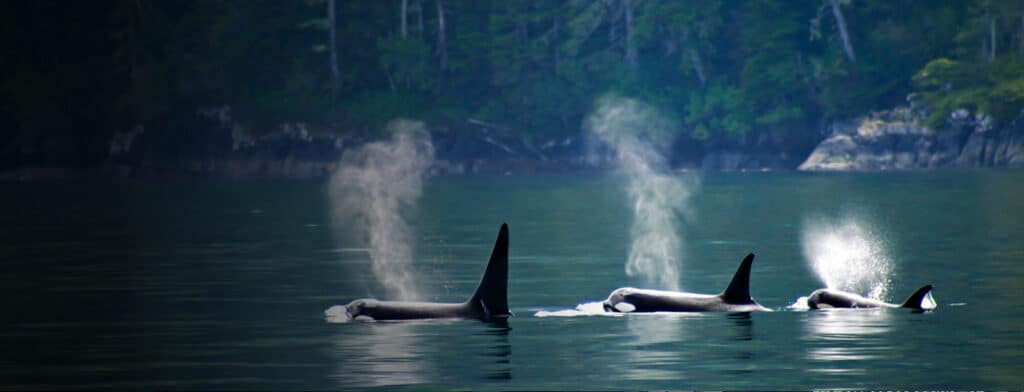
Media
Search
Categories
Issues
Projects
-
Harvard and TIAA’s farmland grab in Brazil goes up in smoke
TIAA, Harvard and the other institutions buying up farmland in Brazil and elsewhere around the world must stop pretending that their practices are sustainable.
-
Food justice activists hold rally & deliver over 100,000 petition signatures urging Aramark to transition to a more just and sustainable food supply model
Big Food corporations such as Aramark are complicit in many of our biggest problems: climate change, economic inequality, and racial injustice.
-
EXIM should not fund detrimental natural gas project in Mozambique
An obscure government agency, the U.S. Export Import Bank (EXIM), will decide this week whether or not to fund a $5 billion liquefied natural gas (LNG) investment, the agency’s largest transaction e…
-
Environmental organizations support striking United Autoworkers, urge General Motors to agree to a fair contract
A coalition of environmental organizations today sent a letter to Mary Barra, CEO of General Motors, expressing solidarity with the nearly 50,000 autoworkers striking against the corporation.
-
As world leaders discuss climate action, U.S. government finances massive LNG project that will cause climate chaos
The U.S. Export-Import Bank’s (EXIM) Board of Directors today voted to provide $5 billion in financing for a liquid natural gas (LNG) project in Mozambique, making it the largest federal subsidy for…
-
Jorjani confirmed to be DOI Solicitor
The U.S. Senate today voted to confirm Daniel Jorjani to be the Solicitor of the Department of the Interior. The confirmation comes despite an ongoing investigation into Jorjani’s role in the depart…
-
Friends of the Earth applauds institutional investors’ call to protect the Amazon rainforest, urges Blackrock and others to join
It is essential that investors take action to end deforestation, land grabbing and biodiversity loss in the Amazon, Indonesia and around the world. We are pleased to see over 200 investors voice conce…
-
Hundreds of Companies Set to Miss 2020 Deadline to End Deforestation in Supply Chains
For a liveable future, these companies must make good on their promises and cut deforestation, land grabs and human rights abuses out of their supply chains immediately.
-
New scholarship program for school food and nutrition professionals announced
Plant-based food is an essential pillar in the environmental movement and Friends of the Earth is delighted to reach out to the educational food community to find worthy recipients of these generous s…
-
Centrist Democratic bills lack leadership and action on climate crisis
With the Senate under Republican control, bills introduced into the U.S. House of Representatives do nothing but send a message. If Democratic centrists stop at half solutions, the climate crisis is o…